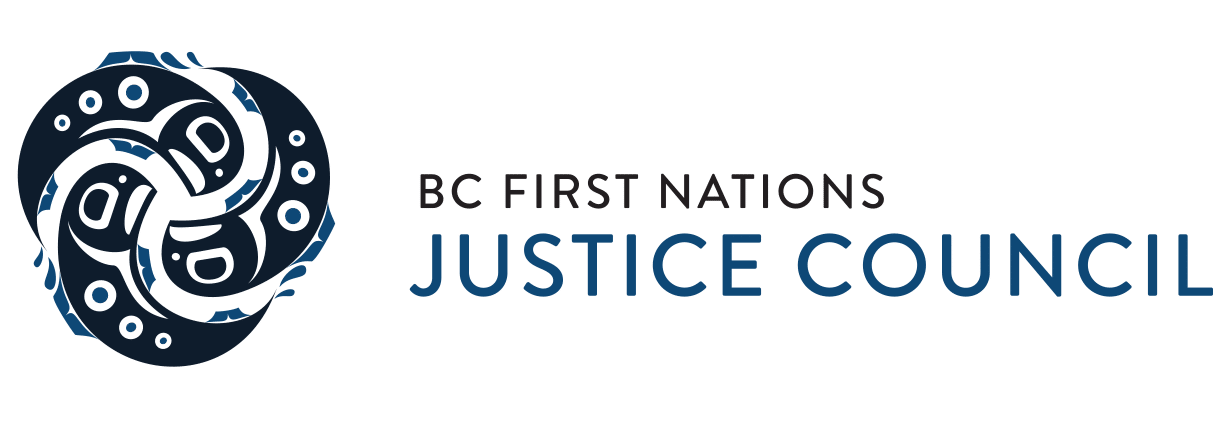Resource Contact

General Information
The Tl’azt’en Indigenous Justice Program is committed to delivering services to the communities and all Tl’azt’en Nation members, to help create a safer and healthier community for present and future generations.
The Tl’azt’en Nation Community Justice Office provides the following services:
- Respectful Relationship program,
- Substance Abuse Program,
- Liaison with the client and the Probation / Bail officer
- Coordinate, administer, and monitor Community Justice Forums (restorative justice circles),
- Act as a Liaison between the RCMP, Community Justice and the General Community,
- Legal Aid Applications, Court Applications
- If the clients need a ride to Court (only) to/from Fort St James,
- In Some cases the CJO may act as agent for the client if it is their first appearance and that they cannot make it to court.
- Liaison between the client and his/her lawyer and with crown counsel.
Programs and Services
TIJP - Adult Program
Services include but are not limited to diversion and alternative measures programming; bail, probation and parole monitoring; advice on healing plans; restorative justice circles; coordination of community work service; facilitation of culturally relevant healing plans.
TIJP - Youth Program
Services include but are not limited to extrajudicial sanctions and extrajudicial measures; restorative justice circles; healing circles; and community work service. Intervention and prevention programming and activities are an important part of our work to support youth. The Tl’azt’en Indigenous Justice Program assists with monitoring young offenders under the supervision of the Youth Probation office of the Ministry of Children and Family Development.
TIJP - Community Justice Forums (Restorative Justice Circles)
This model provides a safe, controlled environment in which an offender, victim and their families or supporters are brought together under the guidance of a trained facilitator. Together they discuss the offence, how they have all been affected, and jointly develop a plan to correct what has occurred. Offenders must accept responsibility for their own actions.

